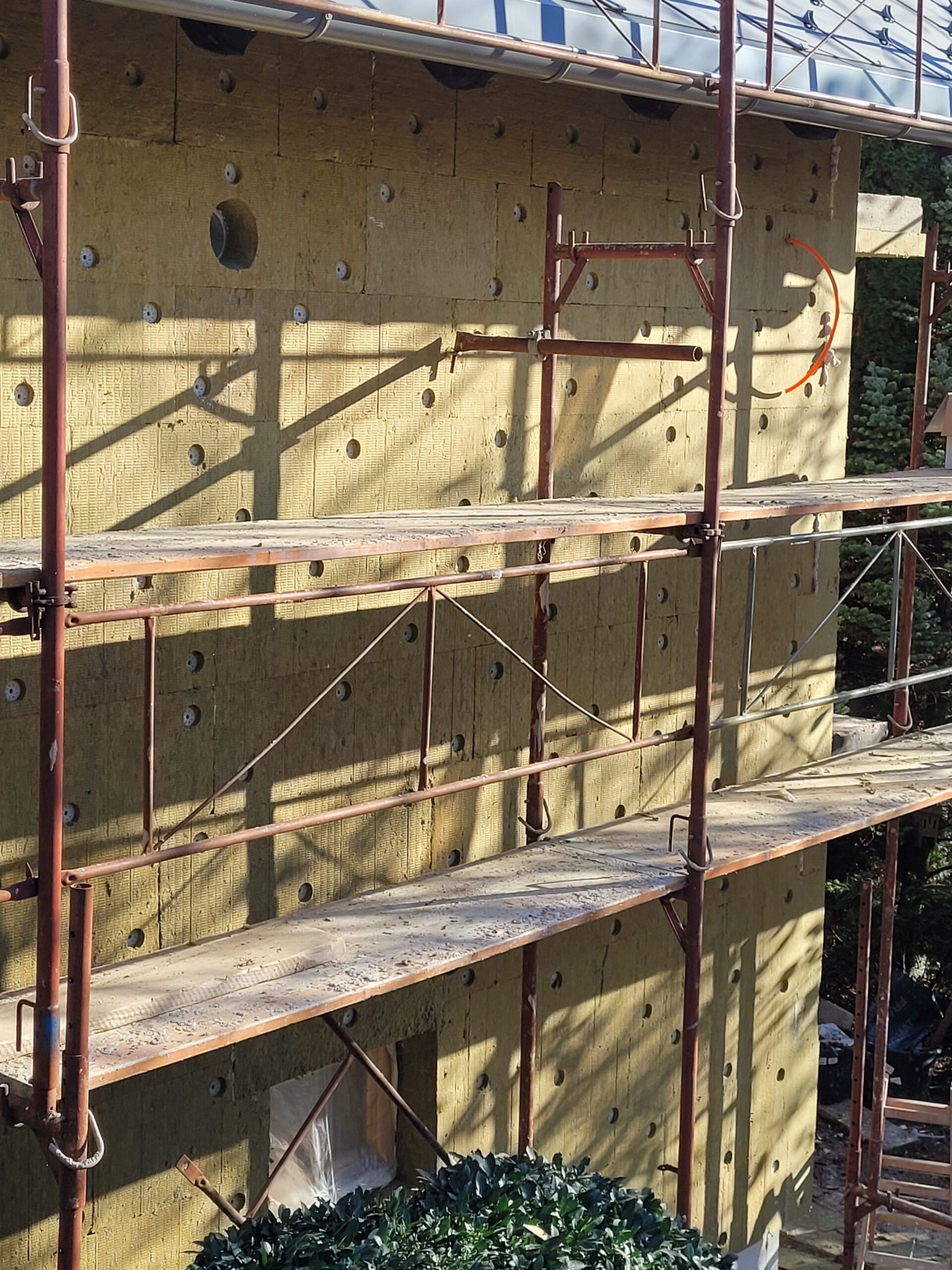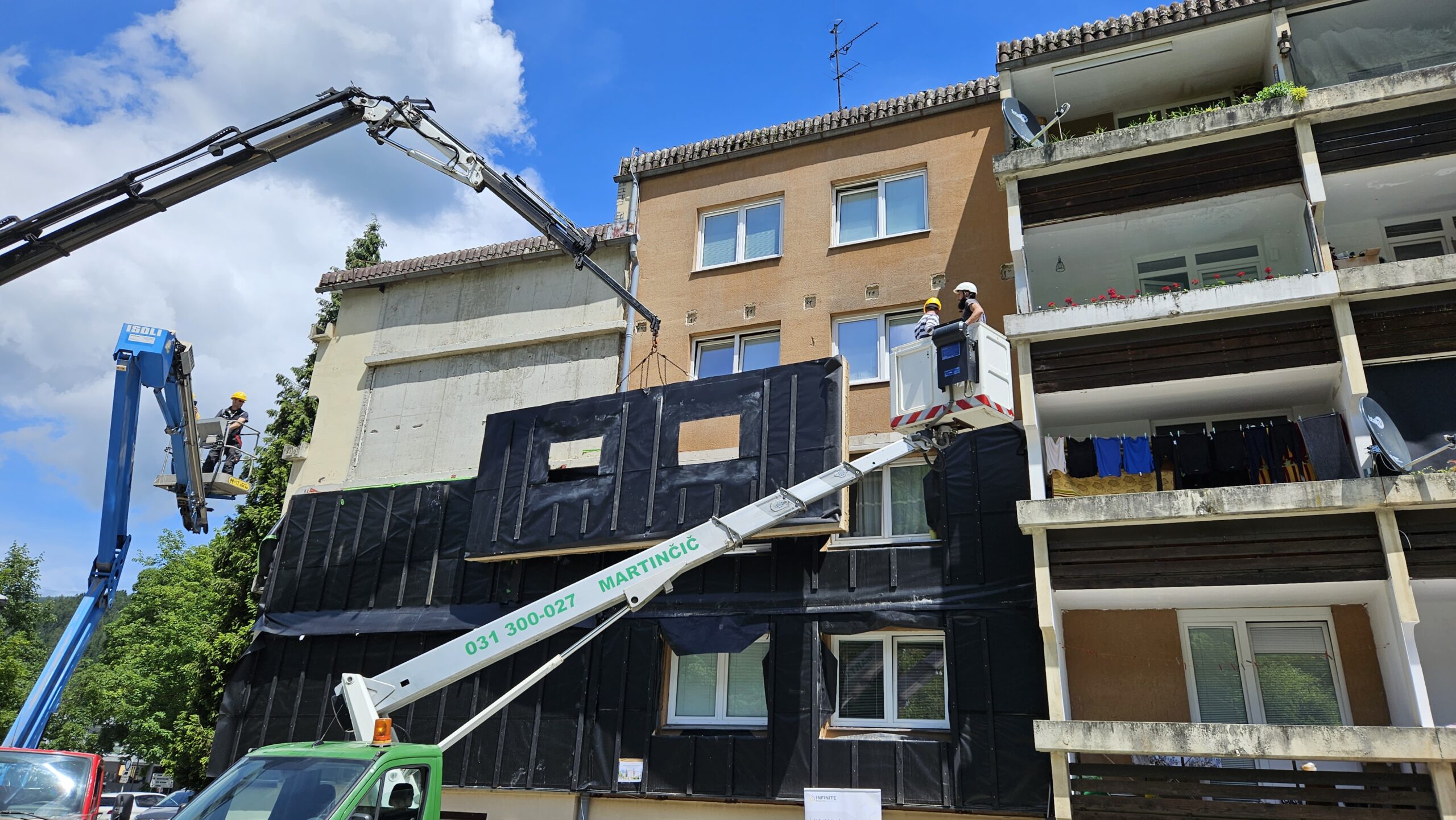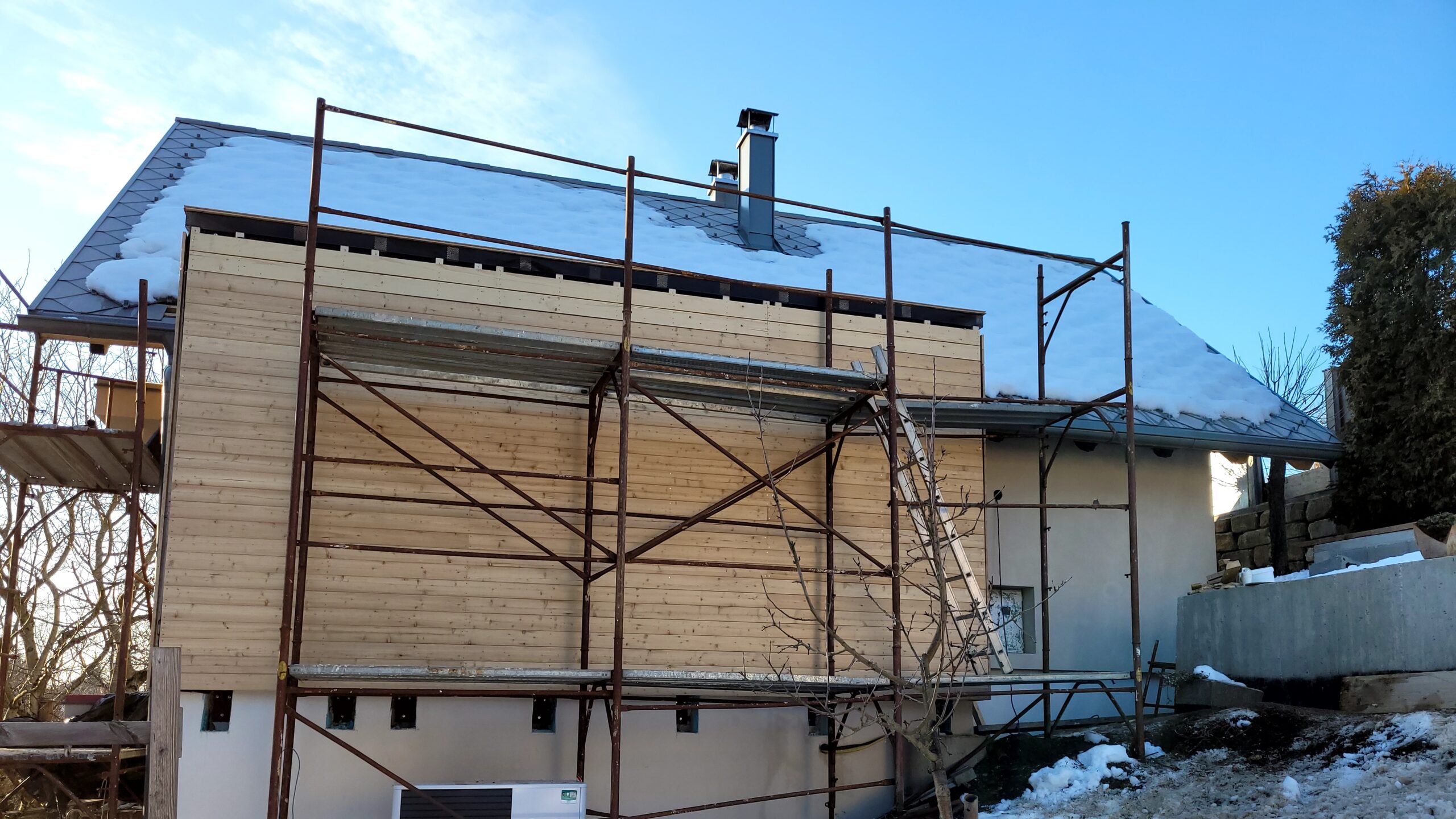Carbon emissions and related negative environmental impacts are caused by unsustainable practices in the construction, management and use of buildings and infrastructure. This is why at IRI UL a large part of our efforts is focused on interdisciplinary research, implementation and development of sustainable practices in the built environment, especially in terms of energy efficiency and process optimisation. This ranges from the everyday use of energy in buildings to promoting the industrialisation of building renovation. Our activities in the built environment follow the vision of the European Commission, which aims at the energy renovation of the EU building stock, while always focusing on the well-being of people, especially in terms of the quality of the indoor environment in terms of health, safety and comfort.

Buildings are responsible for half of the EU’s energy consumption and produce significant emissions in all phases. Our expertise includes assessing energy and material flows in buildings and infrastructure and providing optimisation advice. The latter also includes setting up systems at organisational level (energy management) and advising on the introduction of control systems for efficient process management. In order to reduce emissions in the construction and renovation of buildings, we advocate concepts such as embodied energy and circularity or reuse of materials. We are also active in the development of energy certification and the organisation of building renovation processes, including the promotion of the industrialisation of renovation.
The built environment has a significant impact on people’s lives, shaping their daily lives, movements, interactions and experiences.
The built environment refers to man-made structures and infrastructure, including buildings, roads, bridges, electricity grids, water systems, sewers, etc. In other words, the built environment is the result of man’s (re)design of the living environment in order to improve living conditions. In addition to physical structures, the term also includes the organisation of these structures, urban design, spatial layout, transport solutions, architectural designs and other aspects of placemaking. The drive to improve the built environment in terms of energy efficiency and carbon footprint reduction is inseparable from a collective European vision for environmental sustainability and a sustainable future.
Services
- Assessing energy and material flows in buildings and infrastructure (energy audits)
- Environmental impact assessment
- Evaluation and advice on optimising the quality of the indoor environment
- Advice to optimise the performance of building systems
- Advice to optimise the quality of the indoor environment
- Advice on sustainable building certification
- Renewable energy consultancy
- Advice on developing the market for energy renovation of buildings
- Advice on optimising energy-related industrial processes
- Setting up energy management systems
- Energy management service
- Consultancy to develop leadership competences in the field of sustainable policies
- Conducting specialised training on the built environment and efficiency
- Consultancy for the development of human resources competences and skills in construction and building management
- Multi-channel tailored campaigns to improve indoor environmental quality and reduce energy consumption
- Smart Building Readiness Assessment (SRI – smart systems readiness indicator), already mentioned in PURES22
- Conducting extended energy audits as a basis for investment in buildings
- Raising awareness on circularity for the general public
- Waste heat recovery and integration into district heating
- Whole systems optimisation at neighbourhood level through a community approach
- Adaptation to expected heat waves (to reduce mortality) through changes in cooling system regulation and human capacity building to mitigate risks
- Promote the renovation and construction of all buildings, taking into account the principles of material cycling and design for decomposition
- Industrialisation of building renovation
Research and Development
- Developing a built environment for people
- Developing energy certification for buildings
- Optimising building energy renovation processes
- Promoting the industrialisation of energy renovation in buildings
- Promoting the circulation of materials in building construction and renovation processes
- Promoting energy communities
- Exploring the interaction of people with buildings and building systems

